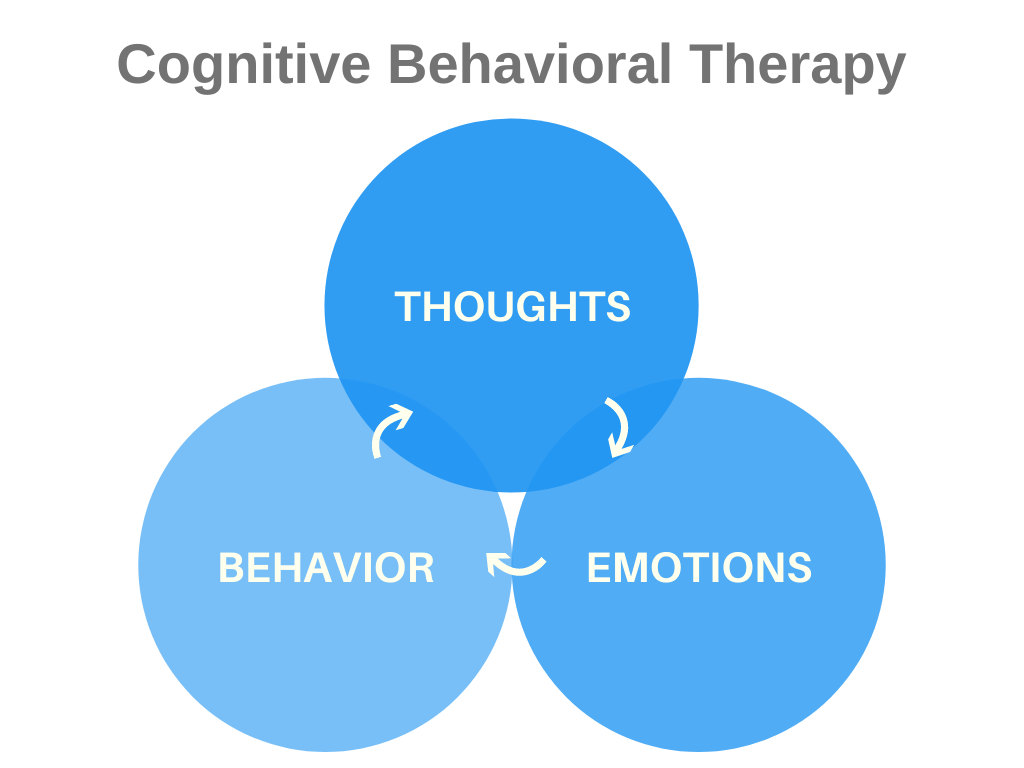Journaling as a tool for self-help.
More often that not, we would read some blog post on some self-help advice, get really inspired, and then forget about it the next day. So why do some advice stick while others do not?
For self-help to actually work, you have to find the ones that work for you.
A classic example: A common productivity advice would be to wake up at 5 am daily (or some other arbitrary timing). However, this advice may only be useful for early birds, and not necessarily apply to the rest of us. In fact, studies have shown that some people are just biologically more alert in the morning, while others are more of night owl-ers1.
Personally, journaling my thoughts has helped me in generating advice that actually works for me. In a sense, it has become my self-help generator. This is especially helpful when I am feeling especially stuck and confused.
If you have attended therapy sessions before, you might have heard of Cognitive Behavioral Therapy (CBT). Essentially, it is a form of psychotherapy treatment used to identify and change negative thought patterns that have an influence on your emotions and behavior.

In some ways, journaling can be a form of CBT for yourself. Record your thoughts and emotions, and try to recognize thought patterns from that. Then evaluate whether this way of thinking is toxic for your mental health. From there, you are able to gain insights for how to disrupt these negative thinking habits. You will also be able to generate advice for yourself that actually caters to your needs.
Here is a simple framework I like to follow (with an example for explanation):
1. Write down what you are thinking about
Do a brain dump. Regurgitate out all your thoughts and anxieties. This helps to convert your abstract thoughts into tangible issues to be examined.
🗑️Brain Dump:
Today was such an unproductive day. Other than reading some articles, I pretty much did nothing else today. I am feeling terribly guilty right now and it's ruining my mood. Something must be wrong with me! >.<
2. Ask yourself questions.
Try to identify your current thought patterns. Examine your thoughts using Socratic reasoning:
- Why am I feeling like this?
- Is this problematic? Why?
- What assumptions am I making?
- Is there another way of looking at this issue?
Why do I feel this way?
I do not want to regret that I'm not living life to the fullest everyday. I guess doing nothing is in conflict with my personal identity of being this hyper-productive person who has his shit together all the time.
3. Repeat
Keep asking and answering yourself. This is the best way to get to the root of the problem.
Is this problematic? How so?
Perhaps. I shouldn't let perfectionism rule my life. This "personal identity" may be too unrealistic of an expectation I am placing on myself. I should not beat myself up too much for being "unproductive", sometimes it is okay to not feel like doing anything at all. I must be more forgiving to myself.
In this example, the advice to self would be to not set too unrealistic expectations for yourself, as doing so will only set yourself up for failure and disappointment. Be kind to yourself.
Conclusion
Most of the time, the best form of self-help advice comes from your own self introspection. This is where we can actually act on the advice and adapt them into our system.
-
Chronotypes in the US – Influence of age and sex: https://journals.plos.org/plosone/article?id=10.1371/journal.pone.0178782 ⤴